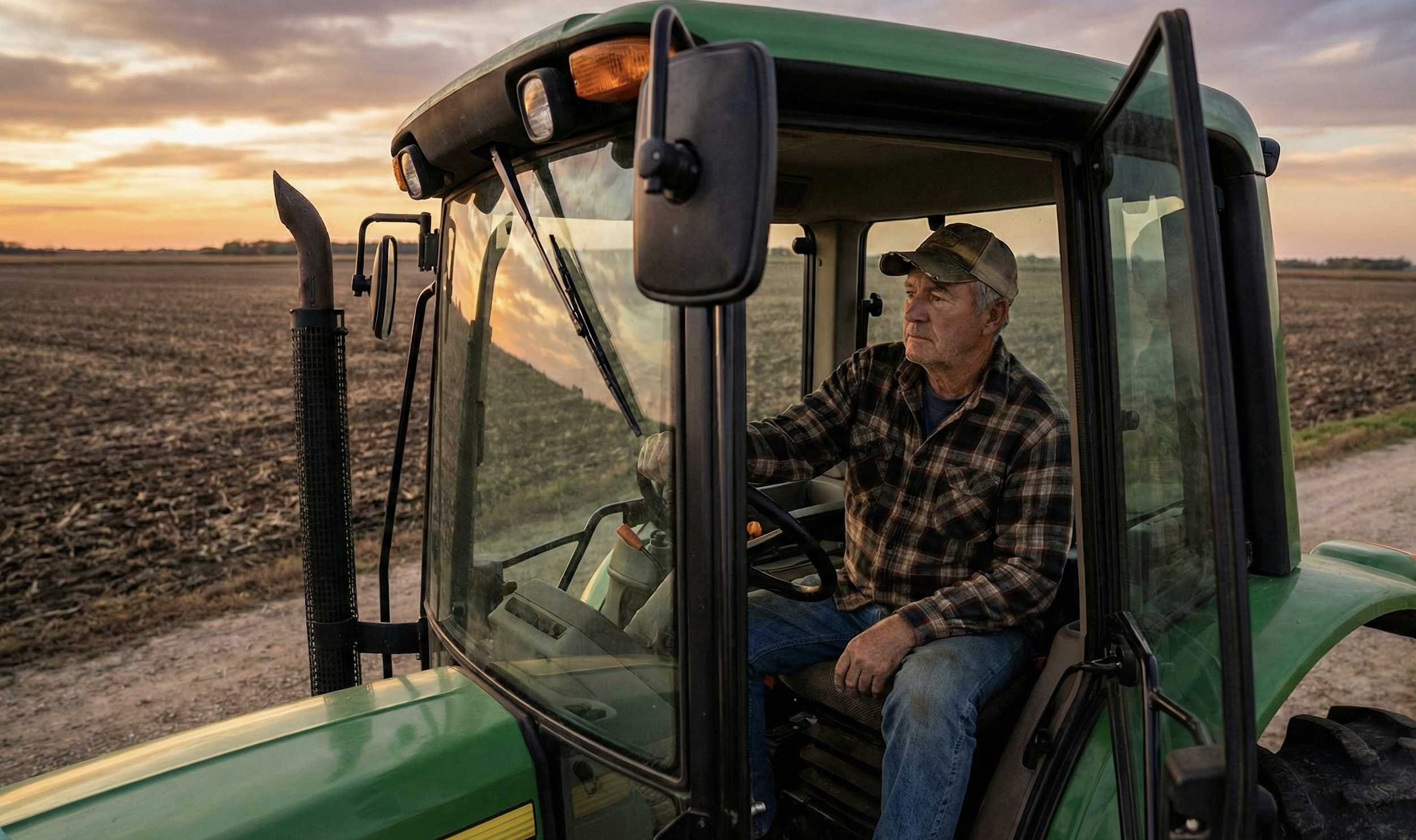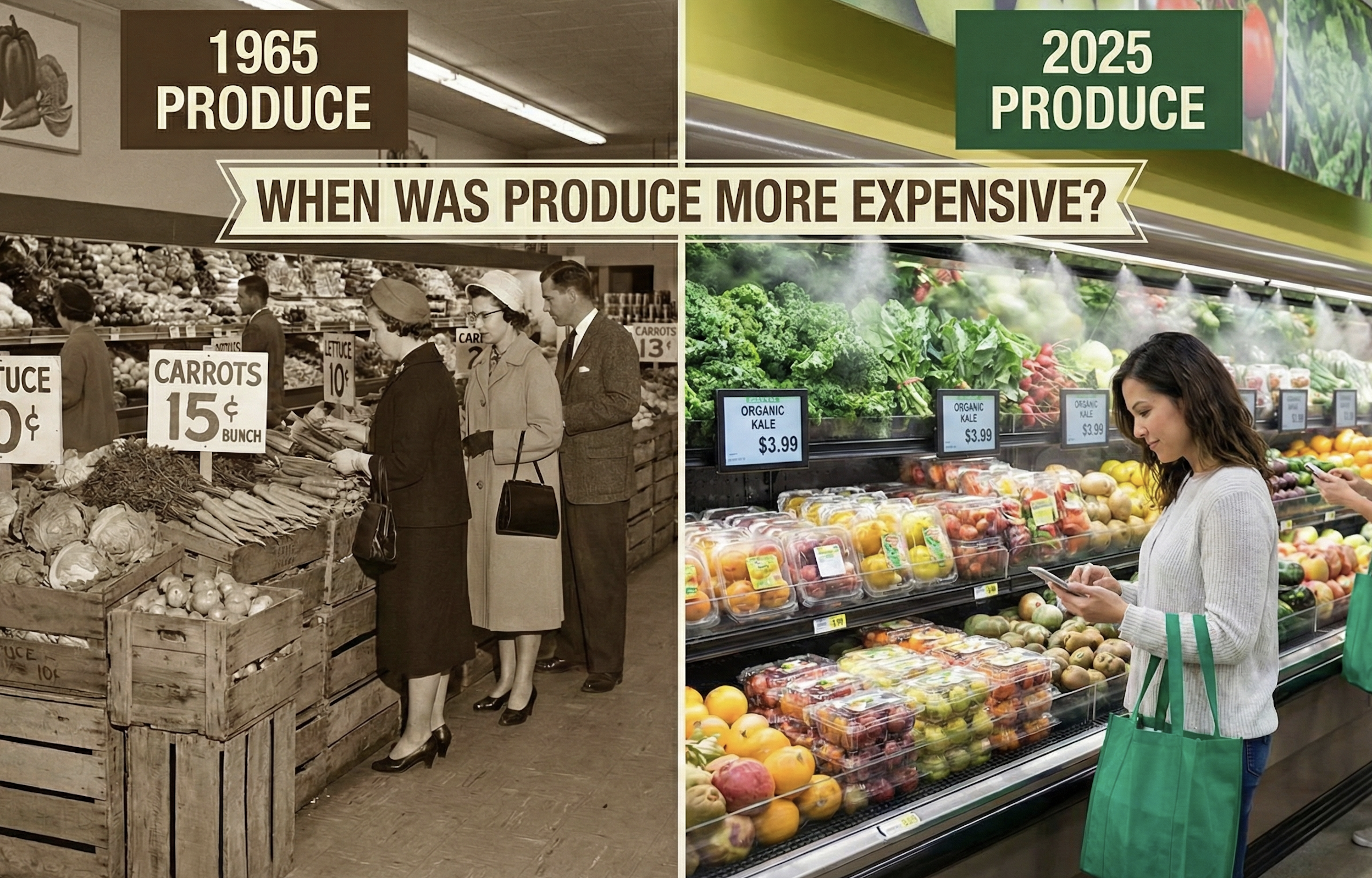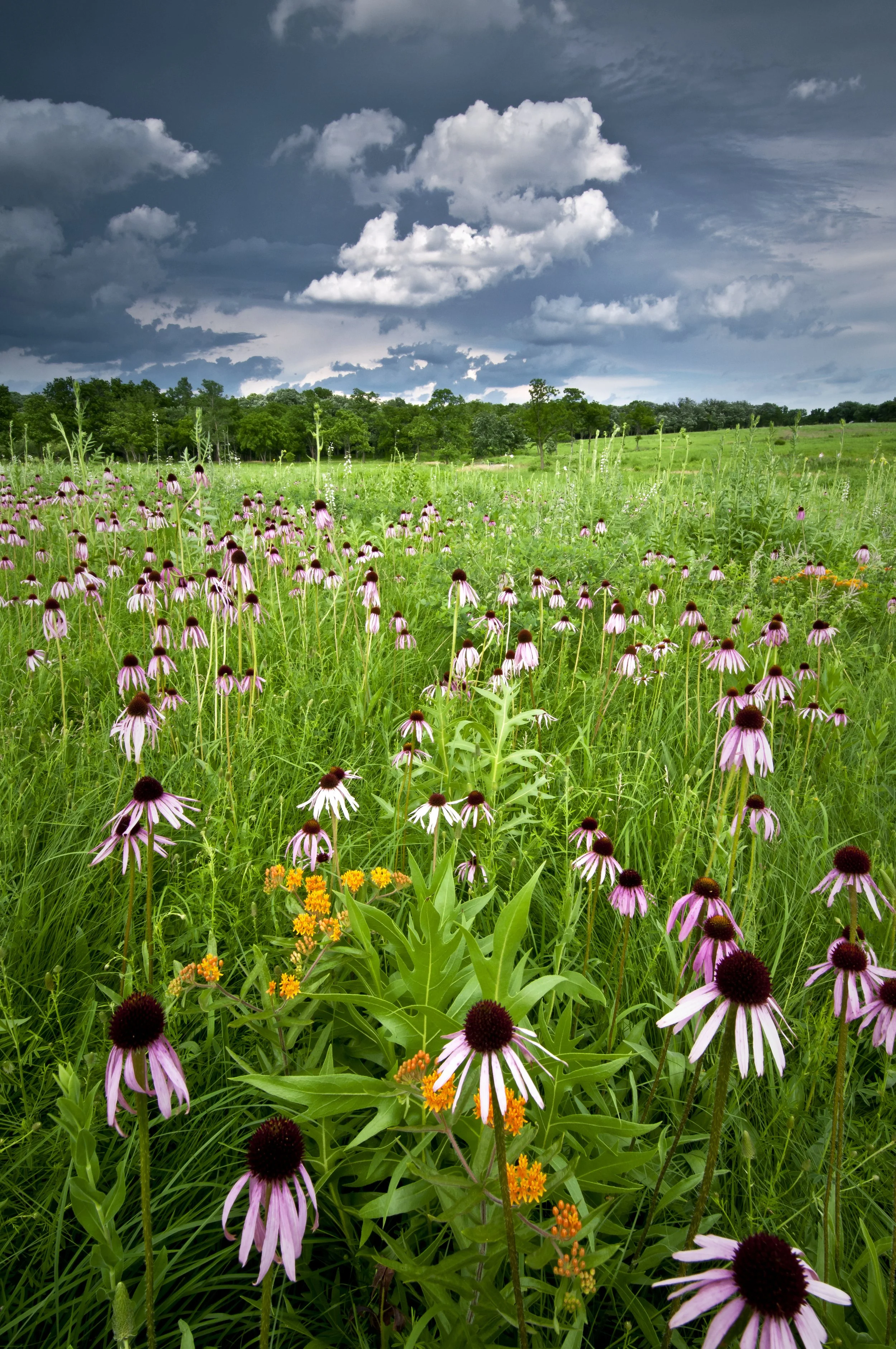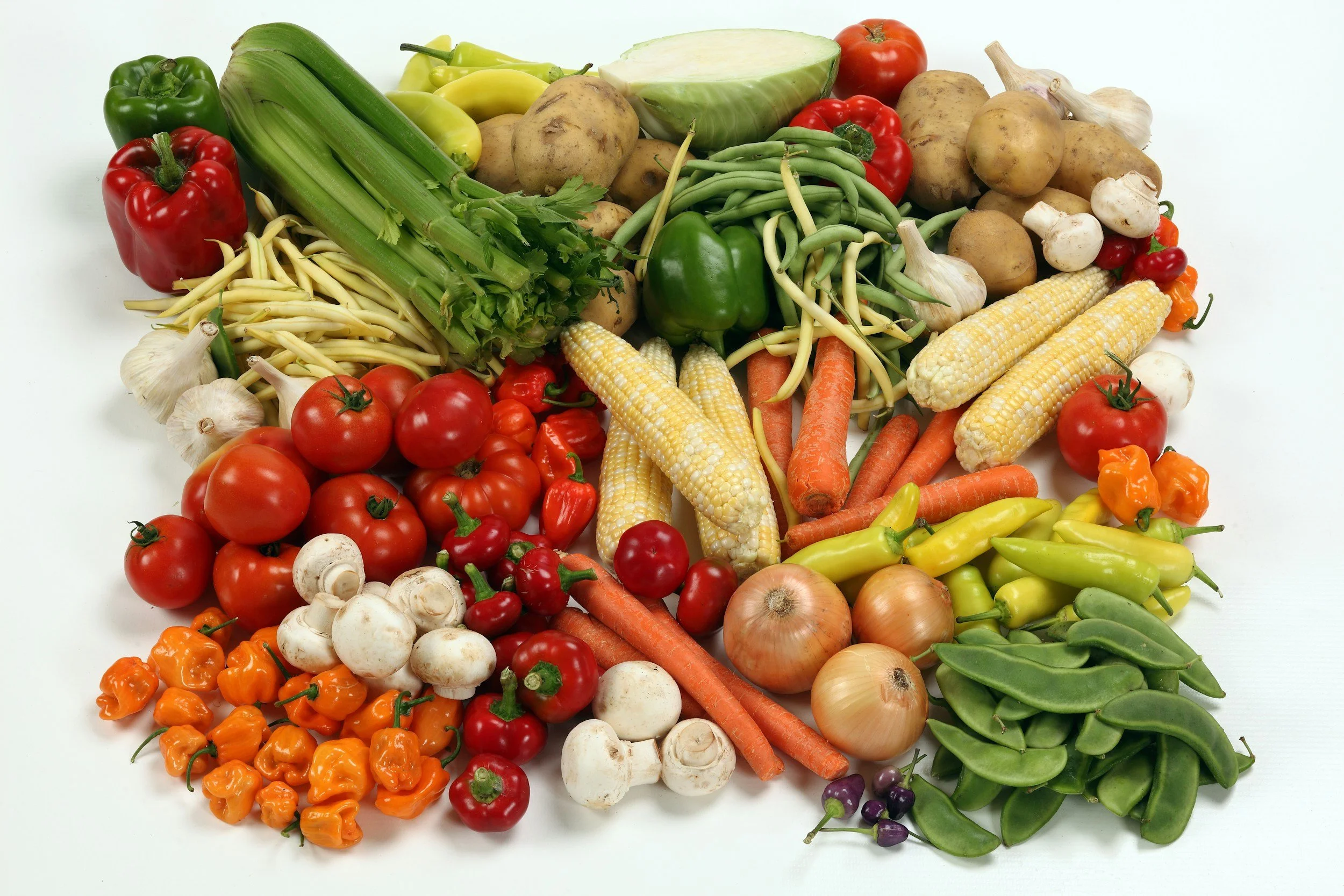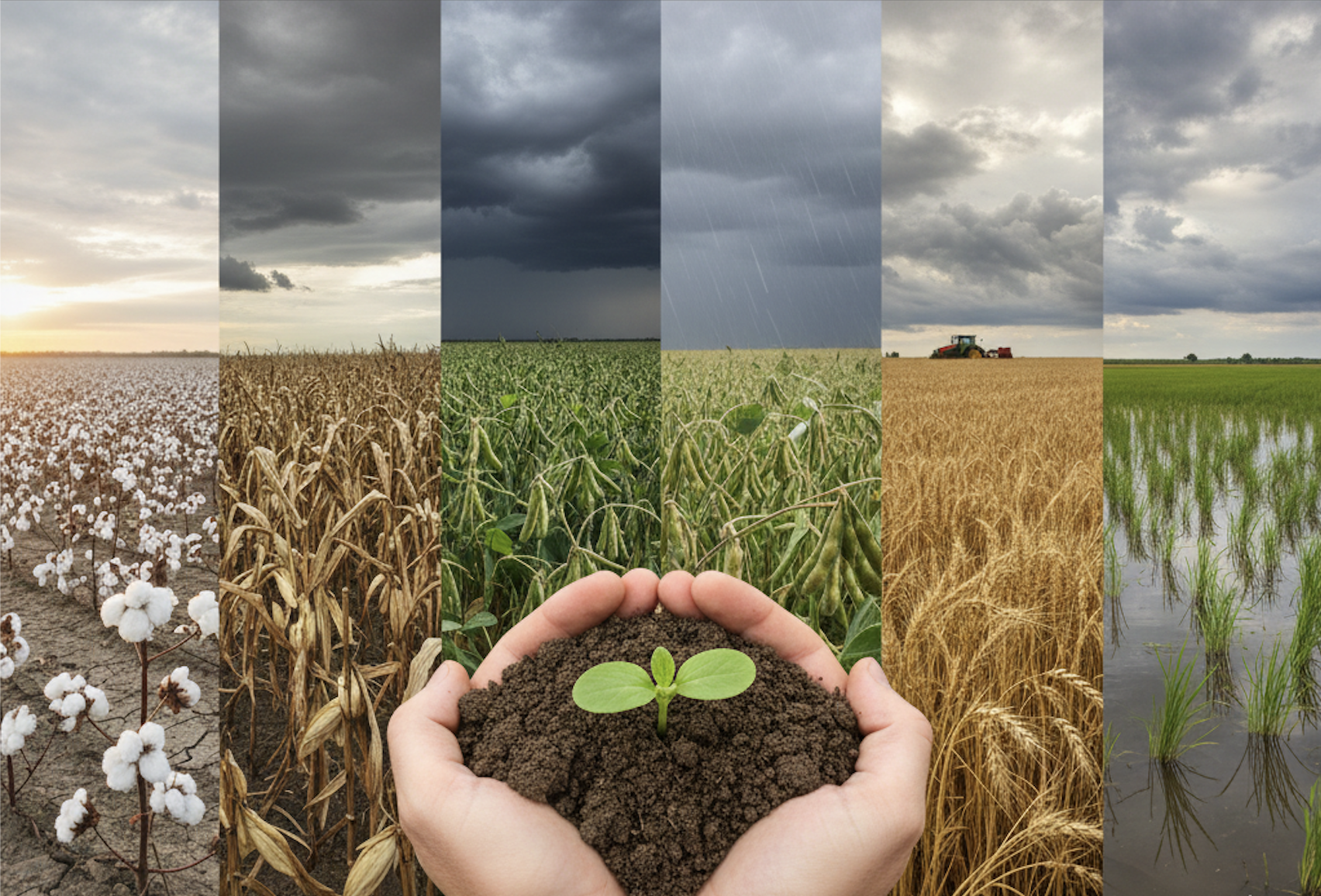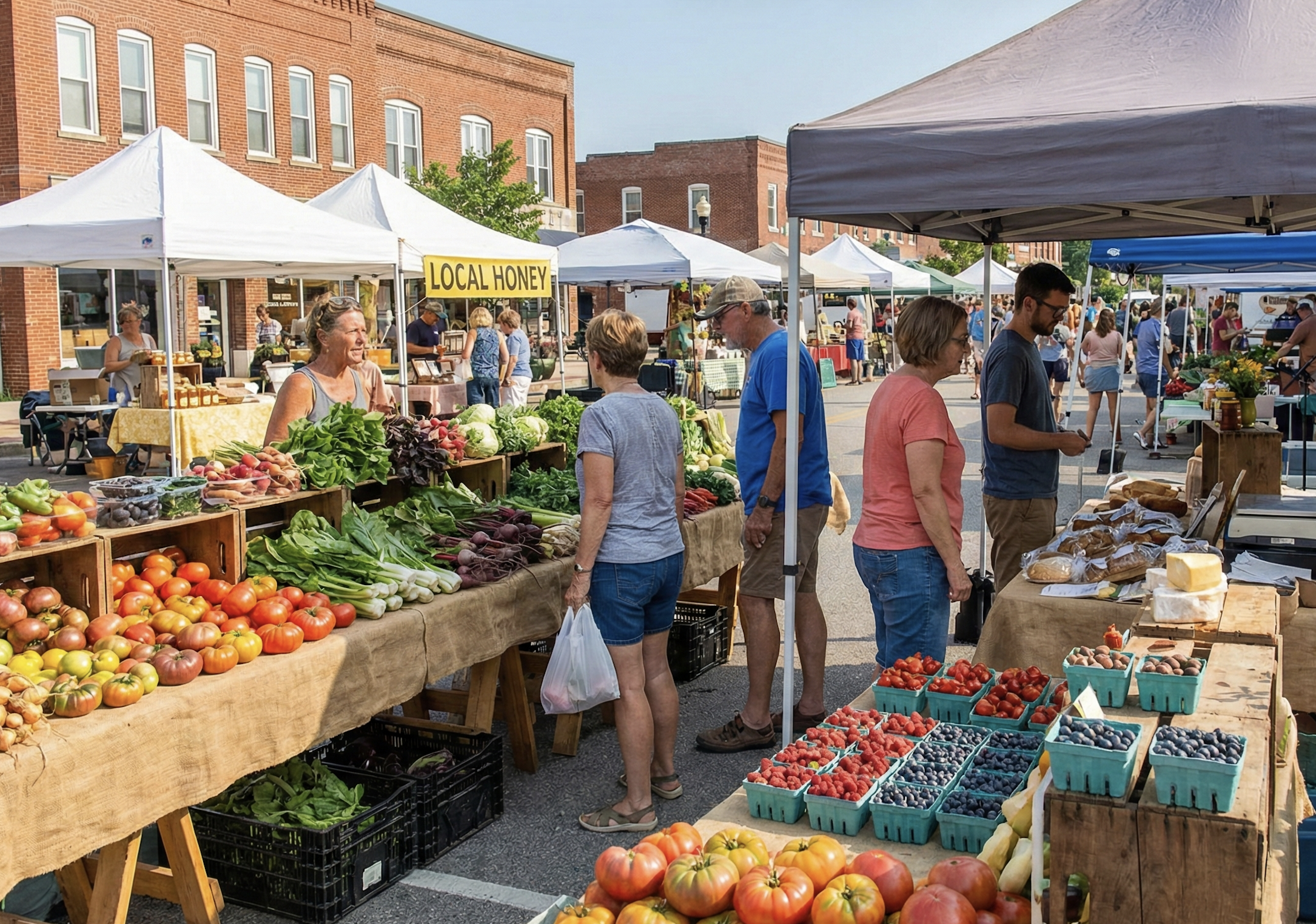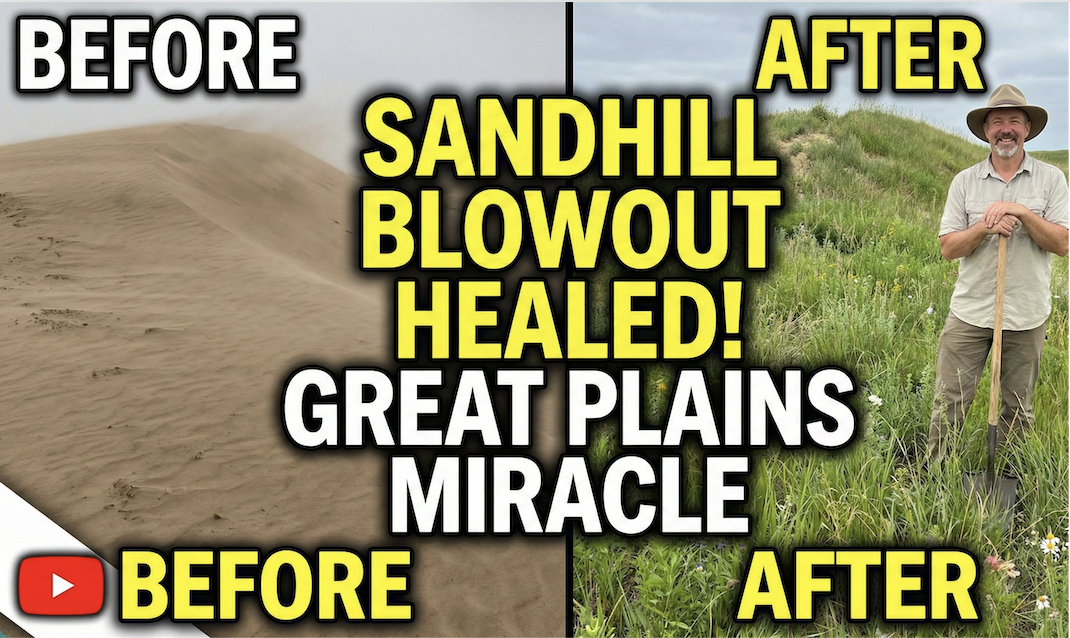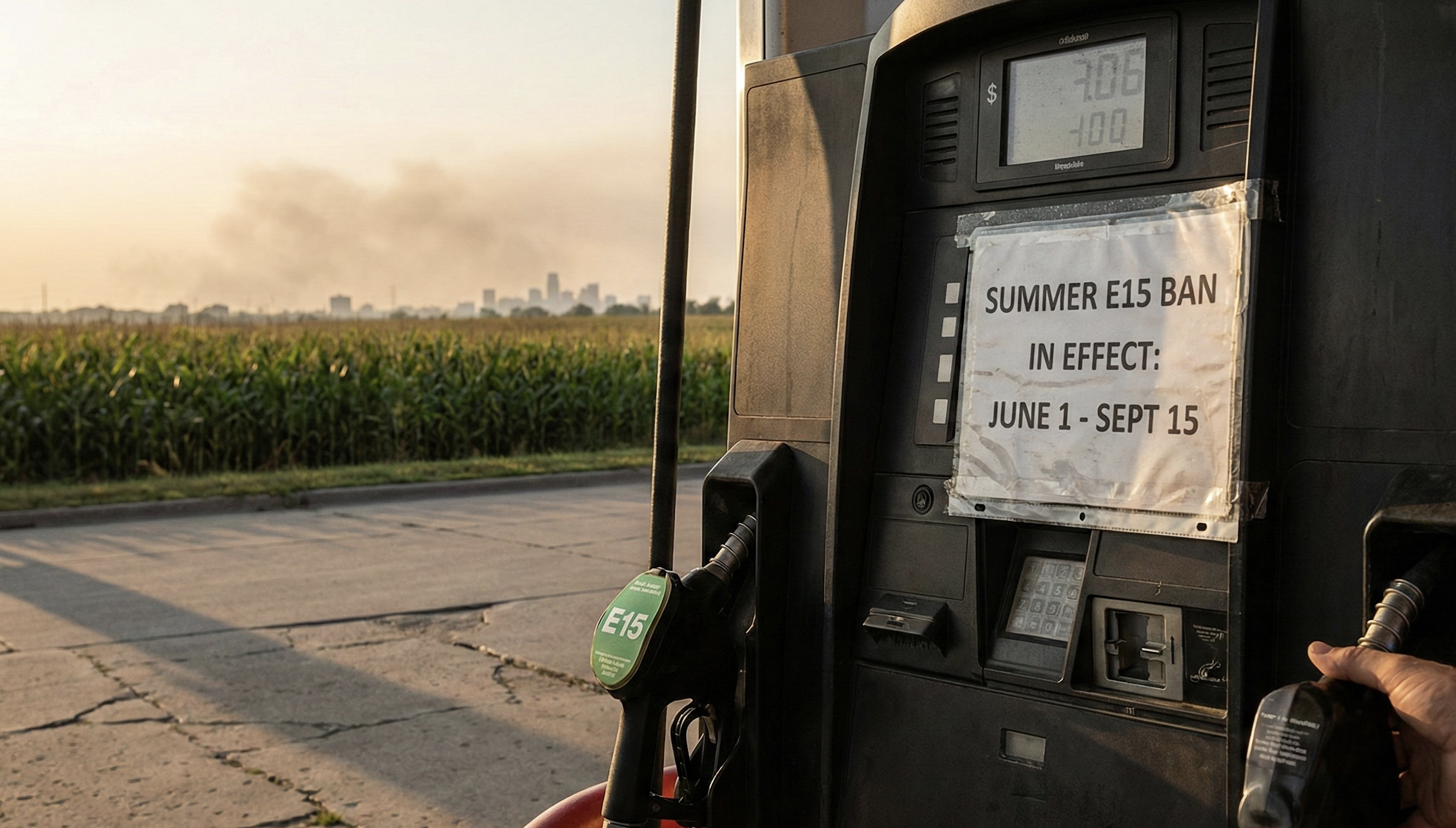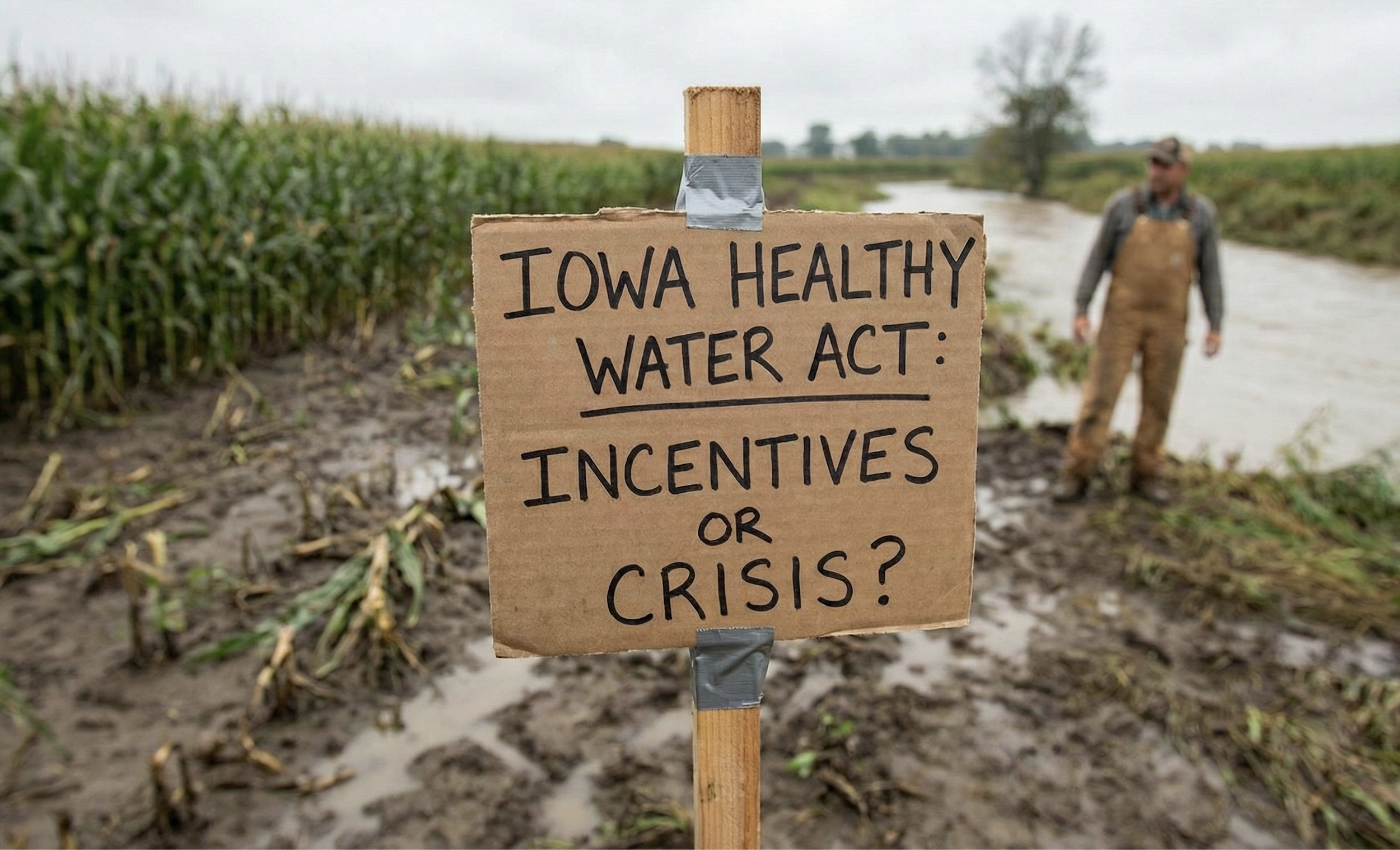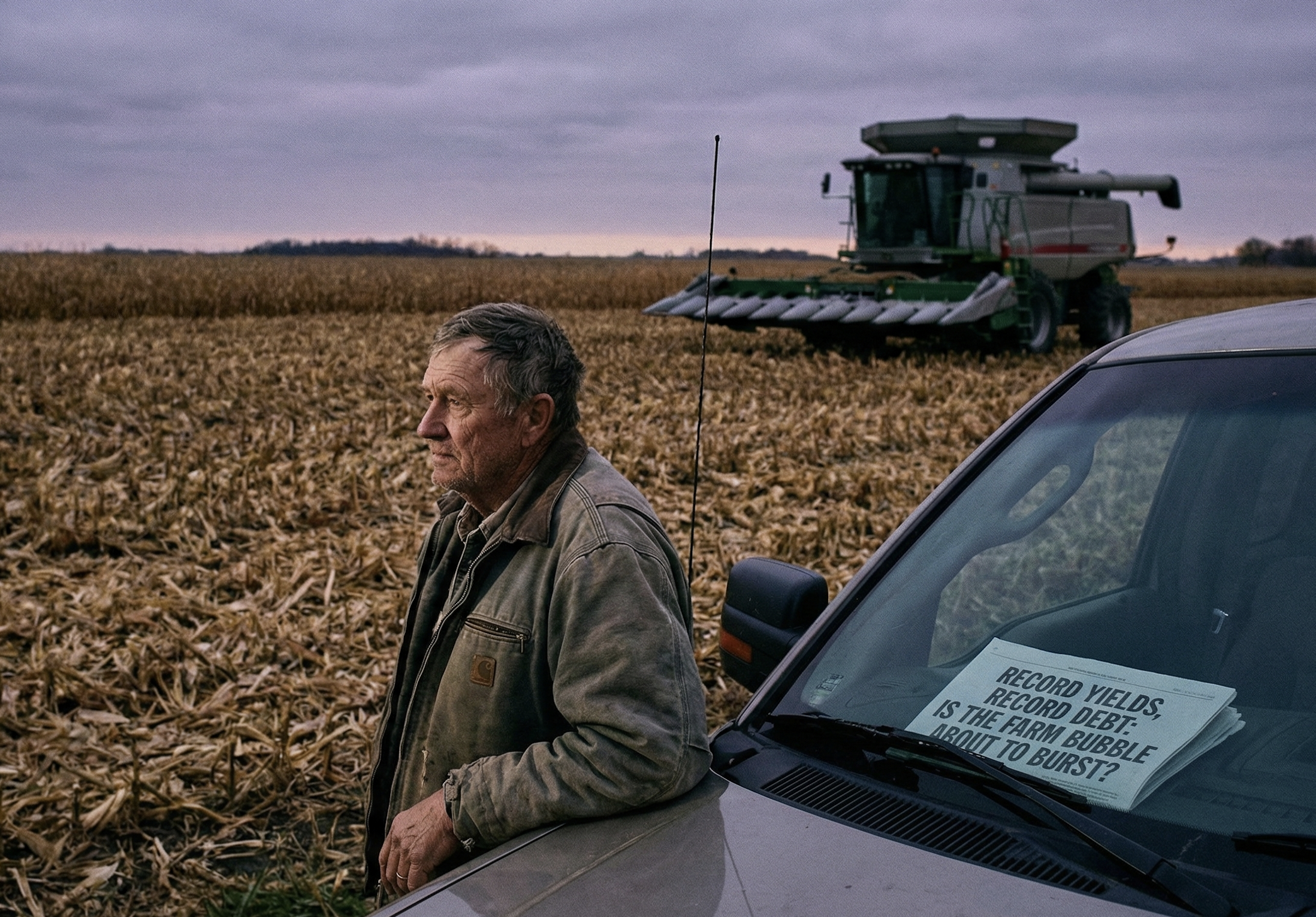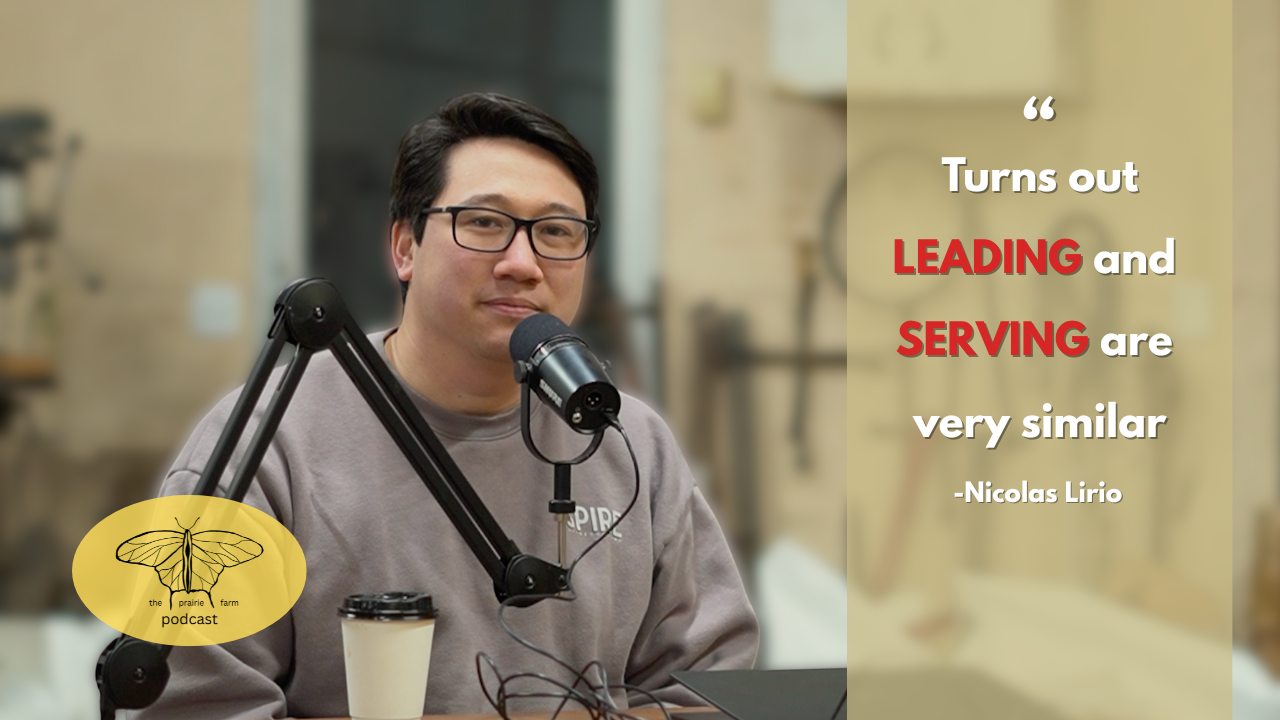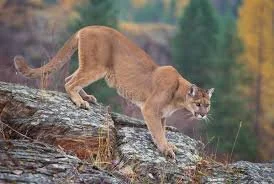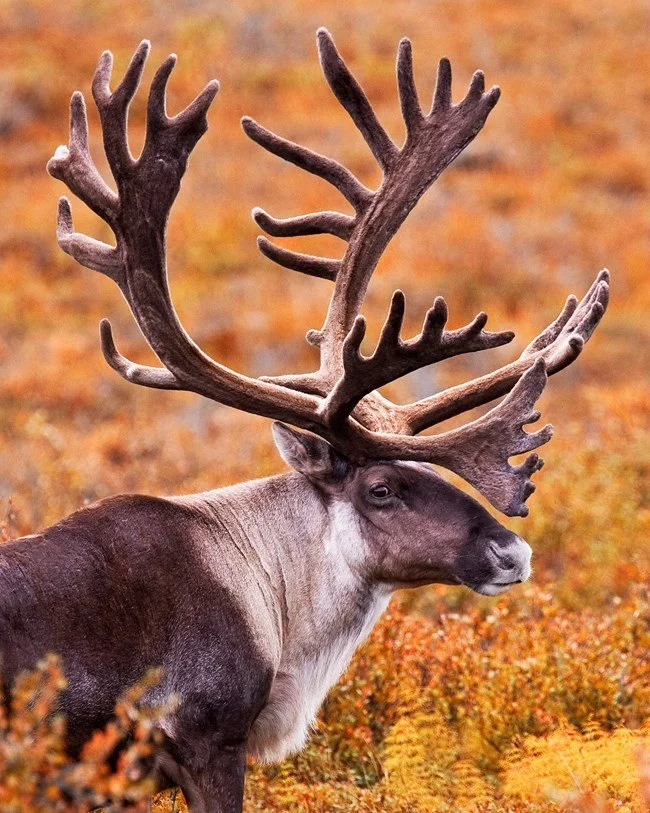Is Lab Grown Meat Inevitable? (yuck)
Lab grown meat could revolutionize agriculture and reduce environmental impact. Learn what Iowa farmers need to know about this emerging technology.
What To Put In Your Chicken’s Native Pasture Blend
what we recommend to put in your native pasture mix for your chickens.
Why a Native Prairie Pasture is the Ultimate Choice for Your Chickens
Wondering what is the best way to pasture your chickens? A native prairie and wildflower approach benefits your birds, your land, and the local ecosystem.
Why Native Pasture is Your Farm's Most Resilient Investment
But what if your pasture didn't just survive the summer, but thrived in it? What if it could also build your soil, protect your land from drought, and slash your input costs? This isn't a fantasy; it's the reality of grazing on a pasture built with native prairie species.




